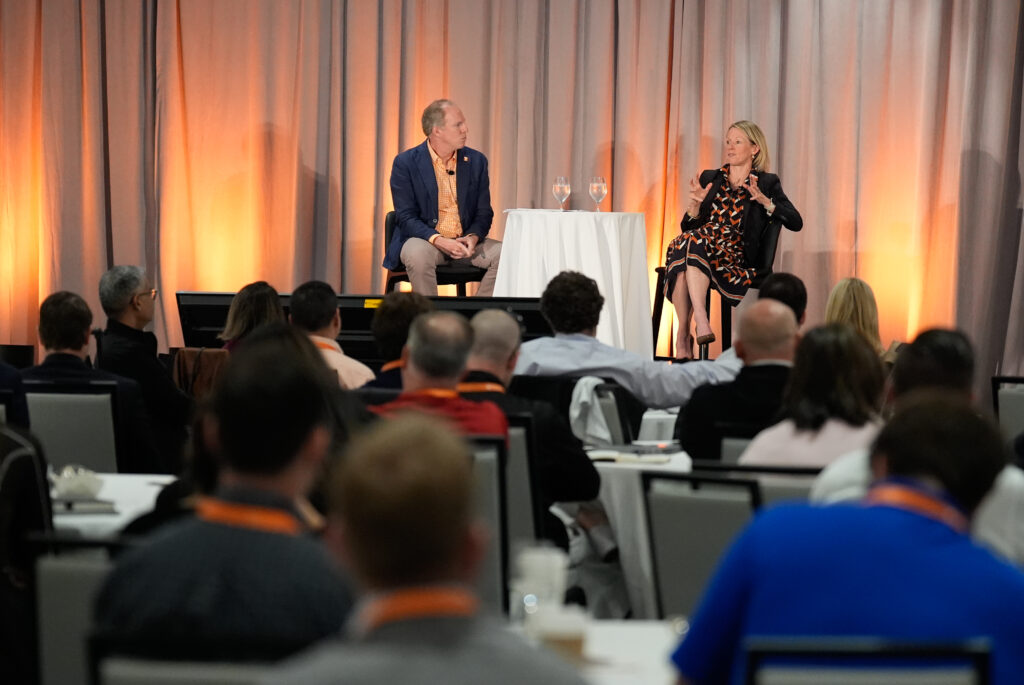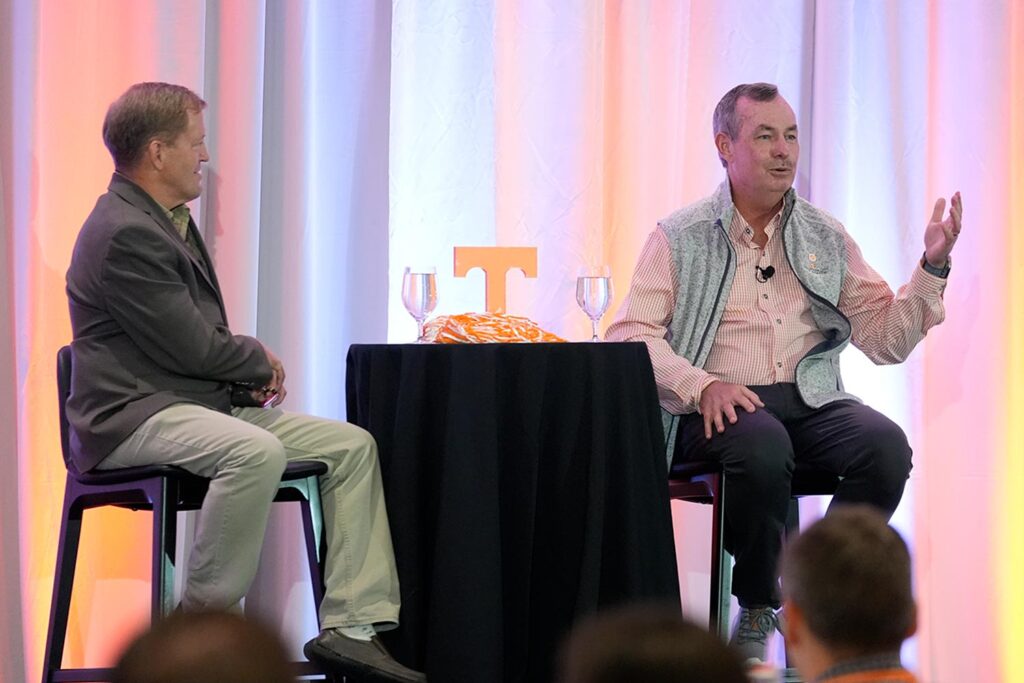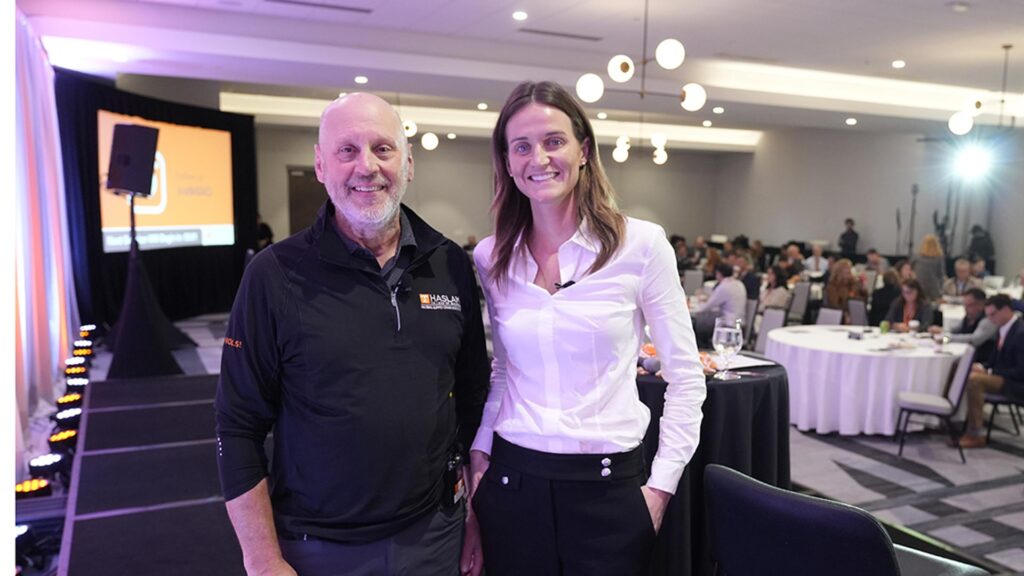Advances in Supply Chain Management

What’s Next for Procurement? Five Priorities from UT’s Research
Wrapping our series on future-ready procurement capabilities and best practices, here are five priority areas for procurement leaders, including developing a customer-centric approach, investing in talent development, and leveraging technology.

Identifying Major Opportunity Areas for Procurement
Organizational design, knowledge sharing, indirect spend, ESG, and redefining risk are five areas for procurement to drive outcomes for customers, suppliers, and shareholders.

Analyzing Today’s Procurement Landscape
Despite a rapidly changing business environment, procurement teams are locked in organizational silos, struggling to demonstrate their potential to add value. In this series, Dan Pellathy explores how procurement can be transformed to guarantee future business success.

Economics Expert Marianne Wanamaker Talks Tariffs, Labor at UT Supply Chain Forum
An authority on economic policy, labor markets, and workforce development, Marianne Wanamaker served as the chief domestic economist and senior labor economist on the White House Council of Economic Advisers during the first Trump administration. At the Spring 2025 Supply Chain Forum, she provided a rare, behind-the-scenes glimpse into economic policymaking at the highest levels of U.S. government.

UT Alums Share Successful Onboarding Experiences at Supply Chain Forum
With graduates from UT's supply chain management programs in high demand, companies must do what they need to attract and retain these talented professionals. Fittingly, a panel of recent graduates at partner companies Clayton Homes, Kimberly-Clark, Procter & Gamble, and ExxonMobil, joined Cole Burns for an in-depth discussion about onboarding young alumni at the Spring 2025 Supply Chain Forum.

AI and Supply Chain Operations: 5 Ways Logistics Companies Are Using Artificial Intelligence
Discover how AI is transforming supply chains and how UT's MS in Supply Chain Management can boost your career growth in this evolving field.

Six Best Practices for Supply Chain Organizations to Get the Most of Younger Employees
Our recent white paper identified at least six generational best practices to improve productivity and talent results in North American manufacturing. These are the results from interviews with senior leaders, from executives to plant managers, in 15 benchmark companies across six industries.

Refocusing on Talent as North American Labor Faces Generational Transition
Today's businesses face an existential challenge to supply chain success. The talent challenge—from recruitment to retention—is exacerbated by changing generational perspectives on work as Baby Boomers retire and are replaced by Gen X, Millennial, and Gen Y leaders and employees.

Beyond Supply Chain with Dollywood President Eugene Naughton
In one of our favorite recurring sessions at the forum, UT professor John Bell sat down for a wide-ranging conversation with one of the region’s most visible leaders, Eugene Naughton, president of The Dollywood Company.

Planning for Global Success with Schneider Electric’s Jen Kelly
The opening session at the forum featured Jennifer “Jen” Kelly, vice president of planning for Schneider Electric (SE) in North America. A global powerhouse in electrification, digitization and automation, SE is at the forefront of innovating the planning process to improve supply chain performance. It was ranked in 2023 and 2024 as the world’s leading supply chain organization.